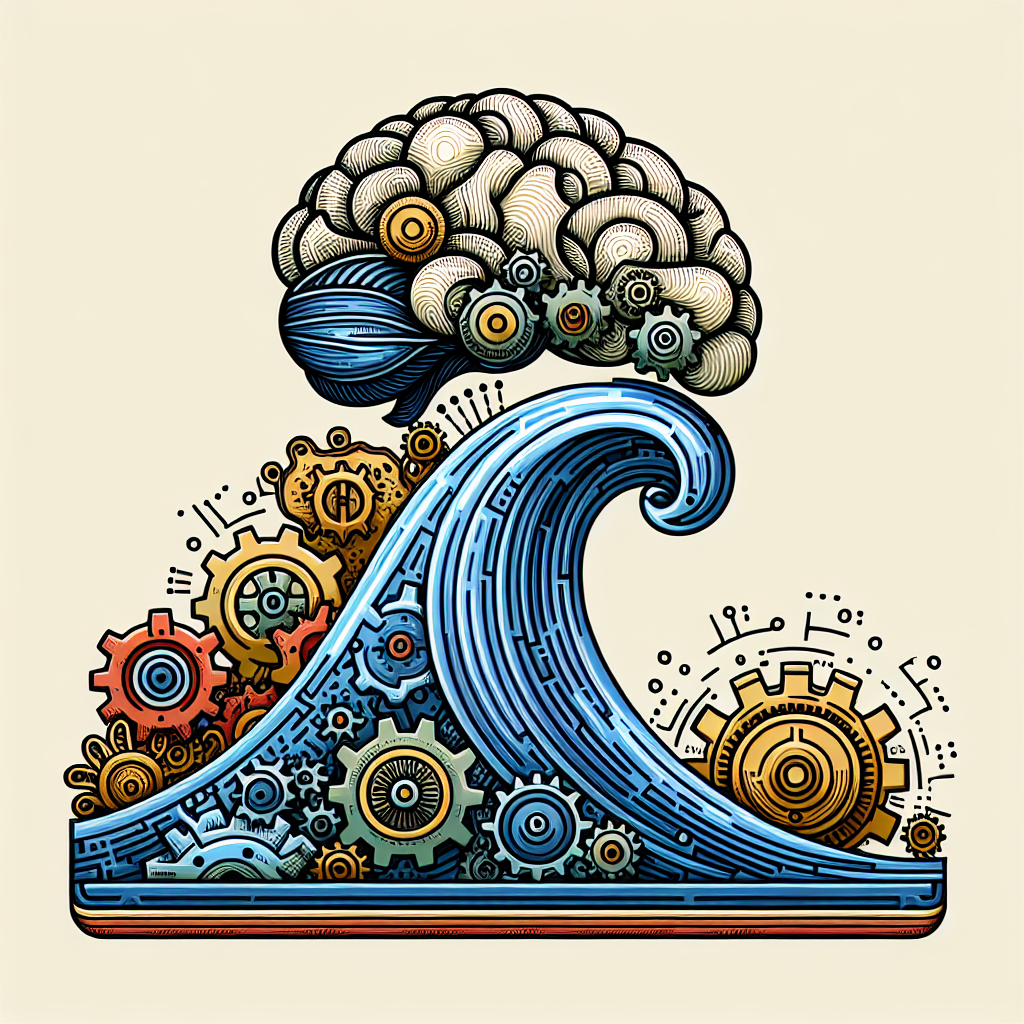The Rise of AGI: How Artificial General Intelligence is Revolutionizing Technology
Artificial General Intelligence (AGI) is the next frontier in the field of artificial intelligence (AI). While current AI systems are designed to perform specific tasks, such as image recognition or natural language processing, AGI aims to create machines that can think and learn like humans. This level of intelligence has the potential to revolutionize technology and change the way we interact with machines and computers.
In this article, we will explore the rise of AGI, its potential applications, and the impact it could have on various industries. We will also address some common questions and concerns surrounding AGI.
What is AGI?
AGI refers to machines that possess human-like cognitive abilities, such as reasoning, learning, and problem-solving. Unlike current AI systems, which are limited to specific tasks, AGI is designed to perform a wide range of tasks and adapt to new situations.
The goal of AGI is to create machines that can think and learn like humans, with the ability to understand complex concepts, make decisions, and solve problems. This level of intelligence is often compared to the capabilities of the human brain, leading to the term “artificial general intelligence.”
The Rise of AGI
The concept of AGI has been around for decades, but recent advances in AI technology have brought us closer to achieving this goal. In recent years, researchers and companies have made significant progress in developing AI systems that can perform complex tasks and learn from data.
One of the key developments in the field of AGI is the rise of deep learning, a subset of machine learning that uses neural networks to analyze and process data. Deep learning has enabled AI systems to perform tasks such as image recognition, speech recognition, and natural language processing with a high level of accuracy.
Another important development in the field of AGI is the use of reinforcement learning, a type of machine learning that uses rewards and punishments to train AI systems. This approach has been used to develop AI systems that can play complex games, such as chess and Go, at a superhuman level.
The combination of deep learning and reinforcement learning has led to the development of AI systems that can perform a wide range of tasks, from driving cars to diagnosing diseases. These systems are becoming increasingly sophisticated and capable of learning from data in a way that was previously thought to be impossible.
Applications of AGI
The potential applications of AGI are vast and varied, with the potential to revolutionize multiple industries and change the way we interact with technology. Some of the key areas where AGI could have a significant impact include:
1. Healthcare: AGI could revolutionize healthcare by enabling AI systems to diagnose diseases, recommend treatments, and assist in surgery. These systems could analyze medical images, patient records, and genetic data to provide personalized treatment plans and improve patient outcomes.
2. Transportation: AGI could transform the transportation industry by enabling self-driving cars, drones, and other autonomous vehicles. These systems could navigate complex environments, avoid obstacles, and make decisions in real-time to ensure safe and efficient transportation.
3. Finance: AGI could revolutionize the finance industry by enabling AI systems to analyze market trends, predict stock prices, and manage investment portfolios. These systems could make faster and more accurate decisions than human traders, leading to better returns for investors.
4. Manufacturing: AGI could revolutionize the manufacturing industry by enabling AI systems to optimize production processes, improve quality control, and reduce costs. These systems could analyze data from sensors and machines to identify inefficiencies and make real-time adjustments to improve productivity.
5. Customer Service: AGI could transform the customer service industry by enabling AI systems to interact with customers in a more natural and human-like way. These systems could understand and respond to customer queries, resolve issues, and provide personalized recommendations.
FAQs about AGI
Q: Will AGI replace human workers?
A: While AGI has the potential to automate many tasks currently performed by humans, it is unlikely to replace all human workers. Instead, AGI is more likely to augment human workers by performing routine tasks and freeing up time for more creative and complex work.
Q: Is AGI safe?
A: There are concerns about the safety and ethical implications of AGI, as machines with human-like intelligence could have unintended consequences. Researchers are working to develop safeguards and regulations to ensure that AGI systems are safe and beneficial for society.
Q: When will AGI be achieved?
A: The timeline for achieving AGI is uncertain, as it depends on the pace of technological advancements and research in the field. Some experts predict that AGI could be achieved within the next few decades, while others believe it may take longer.
Q: What are the ethical implications of AGI?
A: AGI raises ethical questions about the impact of intelligent machines on society, privacy, and human rights. Researchers and policymakers are working to address these concerns and develop guidelines for the responsible development and deployment of AGI.
In conclusion, the rise of AGI has the potential to revolutionize technology and change the way we interact with machines and computers. While there are still many challenges to overcome, the progress made in the field of AI is bringing us closer to achieving this goal. As we continue to develop and refine AGI systems, it is important to consider the ethical implications and ensure that these systems are safe and beneficial for society.

